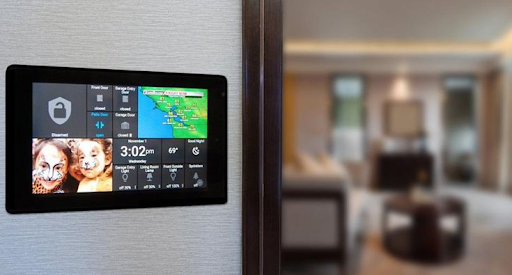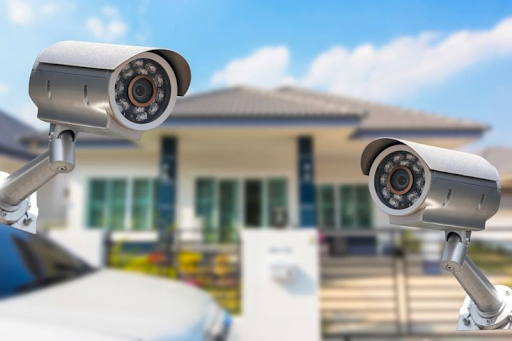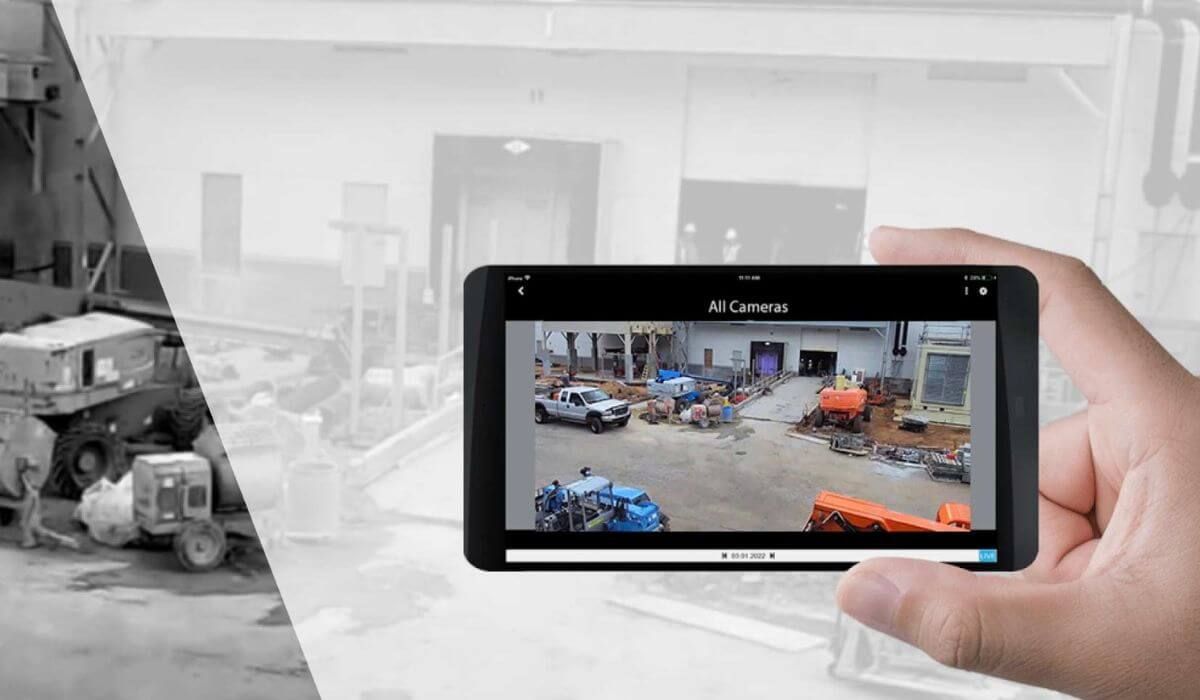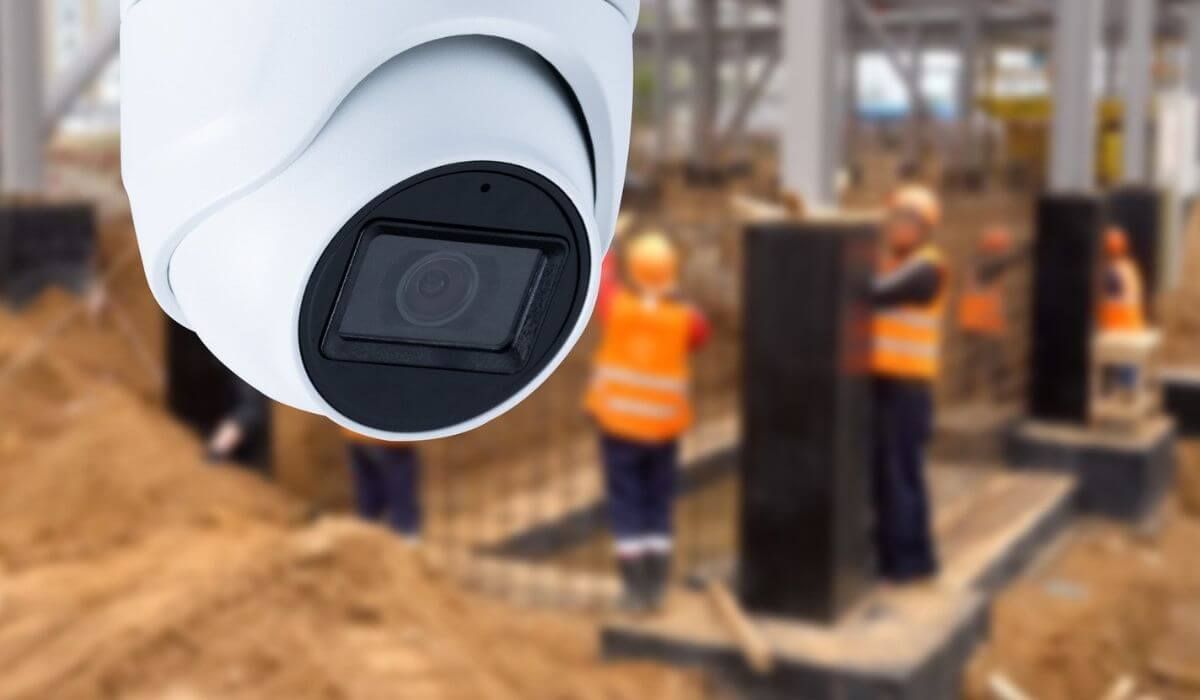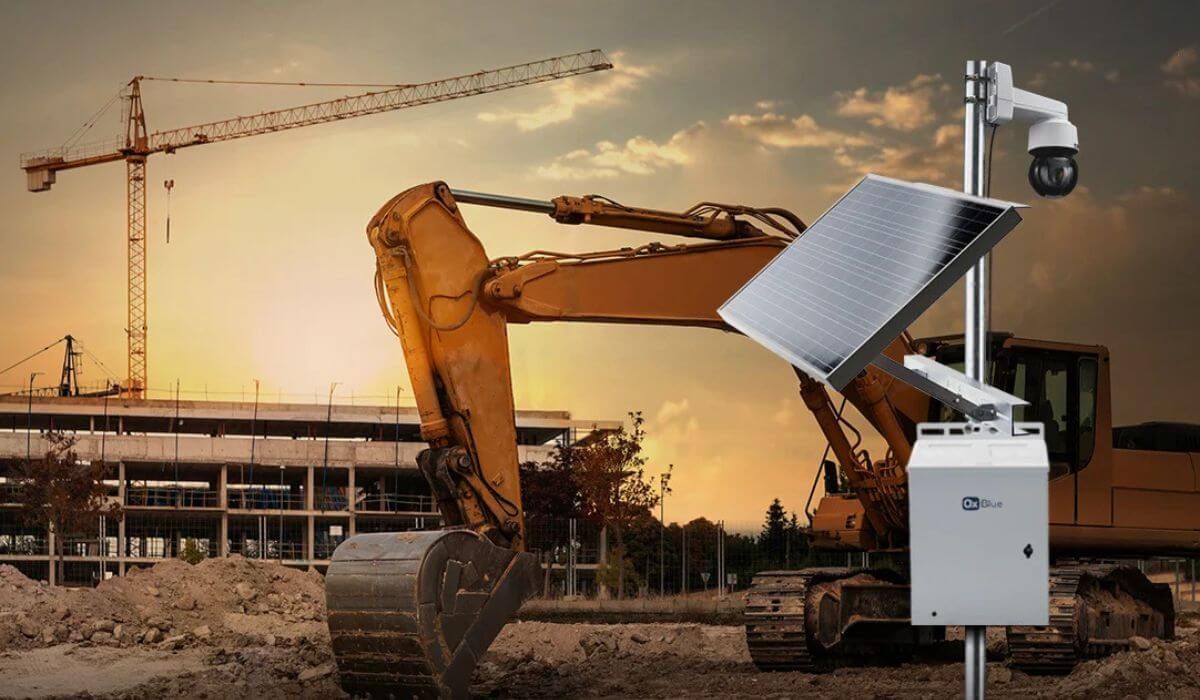2024 Home Security Alarm System Costs: What to Expect
Worried about home security but unsure about the cost? This guide unpacks the costs associated with installing a home security alarm system in 2024. Understanding these costs is crucial for homeowners seeking to invest in their security. From equipment to monitoring, we'll explore the expenses involved so you can find a security solution that fits your budget and brings peace of mind.
Overview of Home Security Alarm System Costs
The price tag for a home security system can vary significantly depending on your specific needs and security goals. On average, expect to pay between $200 and $1,200 for equipment and installation, with additional monthly monitoring fees ranging from $20 to $60. Here's a breakdown of the costs to consider:
- Equipment Costs: This includes the control panel, which is the brain of the system, door and window sensors to detect unauthorized entry, motion detectors to identify movement inside your home, sirens to alert you and deter intruders, and any additional security cameras you might want for remote surveillance.
- Installation Fees: Professional installation can range from $100 to $400, depending on the complexity of the system and your home's layout. If you're comfortable with DIY projects, some systems are designed for self-installation, potentially saving you money on upfront costs.
- Monthly Monitoring Charges: Professional monitoring services provide 24/7 response to triggered alarms, giving you peace of mind knowing help is on the way even when you're not home. Monitoring fees vary based on the level of service and included features. Some basic plans might only offer dispatch for police emergencies, while higher tiers could include fire protection monitoring, medical alert monitoring, and even remote video access.
Components of Alarm System Costs
When budgeting for a home security system, consider the following components that will contribute to the overall cost:
- Control Panel: The control panel is the central hub of your security system, allowing you to arm and disarm the system, view system status, and receive alerts. Touchscreen and voice-activated control panels offer a more user-friendly experience but typically come at a premium price.
- Sensors: There are various types of sensors available, each serving a specific purpose. Door and window sensors detect unauthorized entry attempts, while motion detectors can identify movement within your home. Some systems might also include glass break sensors, smoke detectors, and even flood sensors, depending on your needs and the provider's offerings.
- Security Cameras: Security cameras allow you to remotely monitor your property and capture footage of potential security breaches. Wired camera systems generally offer superior video quality and reliability but require professional installation. Wireless camera systems are easier to set up yourself but might have limitations on video resolution and signal strength.
- Panic Buttons: Panic buttons offer a discreet way to summon help in case of an emergency. These buttons can be strategically placed throughout your home, allowing you to silently send an alert to the monitoring center.
Factors Influencing the Cost of Home Security Systems
The final price of your home security system can be influenced by several factors:
- Type of System: Wired systems offer a more reliable connection but require professional installation and can be more expensive. Wireless systems are easier to DIY but might require replacing batteries and could be more expensive upfront due to additional components.
- Size of the Home: Larger homes with more doors, windows, and rooms will require more sensors and equipment, driving up the total cost.
- Level of Technology: Systems with advanced features like smart home integration, voice control, or high-definition video monitoring will come with a higher price tag. Smart home integration allows you to connect your security system to other smart devices in your home, such as thermostats and lights, for a more comprehensive security and automation experience.
Wired vs. Wireless Systems Cost Comparison
Here's a closer look at the two main types of home security systems:
- Wired Systems: Wired systems offer a strong and reliable connection between system components. However, installation typically requires drilling and wiring, necessitating professional help. This can add to the upfront cost but ensures a professional setup and potentially minimizes future malfunctions.
- Wireless Systems: Wireless systems are easier to install yourself, making them a good option for DIY enthusiasts. They offer more flexibility in placement and can be less disruptive to install. However, wireless systems rely on batteries that need periodic replacement, and their signal strength can be affected by walls and distance.
Additional Costs to Consider When Installing an Alarm System
Beyond the initial equipment and installation costs, factor in these additional expenses:
- Monitoring Contracts: Most professional monitoring services require signing a contract, typically ranging from one to three years. These contracts lock you into a monthly monitoring fee, so carefully consider the length and terms of the contract before signing.
- Maintenance Costs: Regular maintenance ensures the smooth operation of your security system. Some providers offer maintenance plans that cover periodic inspections and system checks. Alternatively, you might need to schedule occasional maintenance checks on your own, depending on the system and your comfort level. These checks may involve replacing batteries in wireless systems, testing sensors, and ensuring the overall functionality of the system.
- Warranty Coverage: Standard warranties typically cover equipment malfunctions for a limited period. Extended warranty plans can be offered for additional coverage, but these might not always be necessary depending on the system's quality and the provider's reputation.
Hidden Costs in Home Security Installations
Be aware of unexpected expenses that can add to the overall cost of your home security system:
- Termination Fees: As mentioned earlier, most monitoring contracts lock you in for a certain period. If you terminate the contract early, you might be charged a termination fee. Carefully review the contract terms to understand any potential early termination fees before signing.
- Hidden Fees: Some providers might have hidden fees for activation, additional sensors, or even technical support calls. Read the fine print carefully and ask clarifying questions before finalizing your purchase to avoid any surprises down the line.
How to Save Money on Home Security Alarm Systems in 2024
While a home security system is a valuable investment in your safety and peace of mind, there are ways to keep the costs manageable:
- Consider DIY Options: If you're comfortable with basic tech tasks and a little DIY work, self-monitored wireless systems can be a cost-effective option. However, carefully evaluate the complexity of the system and your technical expertise before taking the DIY route. Professional installation can ensure a proper setup and minimize the risk of malfunctions.
- Shop Around and Compare Prices: Get quotes from several security companies in your area, including national brands and local providers like Scavi Security Systems.. Local providers might offer competitive pricing and personalized service tailored to the specific security needs of your home.
- Choose the Right Provider: Look for providers with transparent pricing structures, clear contracts without hidden fees, and a variety of packages to fit your budget and security requirements. Consider features that are important to you, such as 24/7 professional monitoring, smart home integration options, or video surveillance capabilities.
Discounts and Deals on Home Security Systems
Many security providers offer promotions and discounts to attract new customers. Here are some ways to save:
- Promotional Offers: Keep an eye out for new customer discounts, referral bonuses, or seasonal sales offered by security companies.
- Package Deals: Bundling equipment and monitoring plans can often lead to significant savings compared to purchasing them separately. Evaluate the features included in each package to ensure it aligns with your needs.
Conclusion
Investing in a home security system provides a significant layer of protection for your home, your belongings, and your loved ones. By understanding the various cost factors involved, exploring different options, and comparing quotes from reputable providers, you can find a security solution that fits your budget and security needs. Remember, a secure home is a place where you can feel confident and relaxed. So, take the time to research your options and make an informed decision that brings peace of mind to you and your family.
FAQs about Home Security Alarm System Cost in 2024
Q: Is it cheaper to install a home security system myself?
DIY installations can be cheaper upfront, but consider the complexity of the system and your technical expertise. Professional installation ensures proper functionality and may offer additional peace of mind. If you're unsure about DIY, consulting with a professional security company can help you determine the best course of action.
Q: Can I integrate existing security components to save costs?
Some systems allow integrating existing security components, potentially saving on equipment costs. However, compatibility can be an issue. Check with the security provider you're considering to see if your existing components are compatible with their systems.

